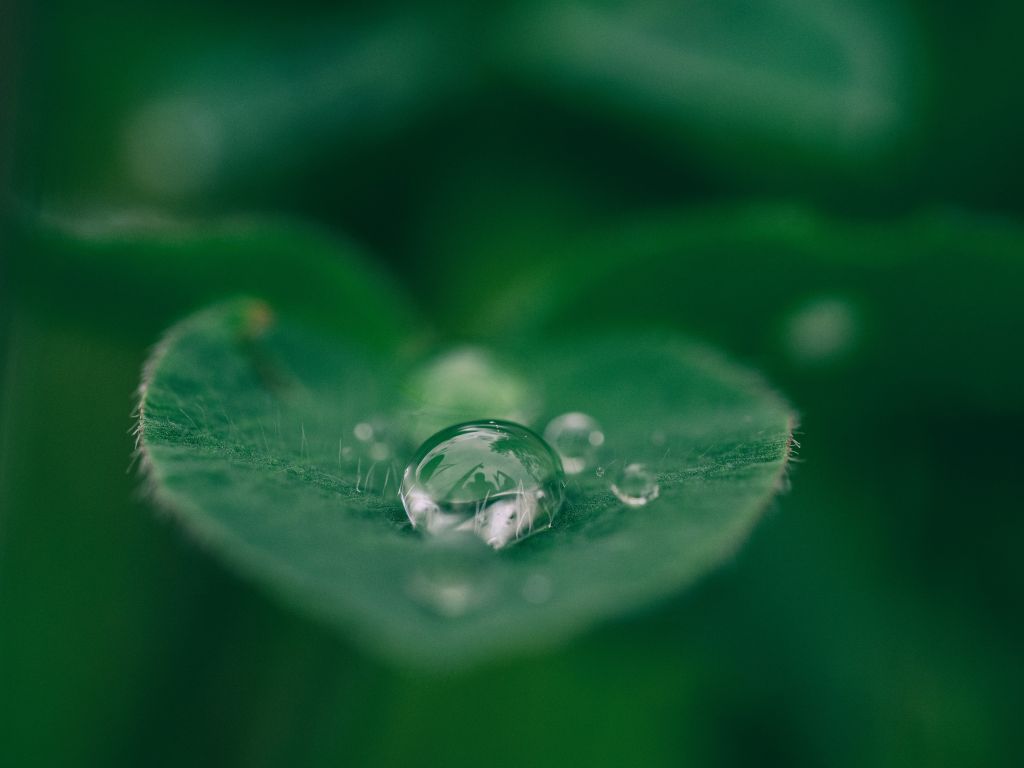The climate is changing, and dry regions will be the first to be affected. As water levels in local rivers and dams start to fall, local communities and businesses might be wondering how they will meet future water demands. The answer could be close to home and right under their feet.
What is Water Bore Drilling?
Dry areas need to transport clean water for drinking, industry, and irrigation, but water transport is expensive and inefficient. A better option is to drill a borehole into the ground and tap the groundwater that accumulates in the soil and rocks. Groundwater comes from rain over the year and is stored long-term in the rocks. Groundwater is a better source of clean water in dry areas.
Bore drilling is the process of drilling into the ground to tap the groundwater and use it for industry and irrigation. Borehole drilling is becoming more popular in many places – especially dry areas – and can provide sites with a private water supply that is reliable all year round. Drill holes are created using industrial drills and professional processes with a bore drilling company.
Reliable Water Supply
Water from a borehole can be used for drinking when it is filtered correctly, but that is not the most common use of borehole water. Farms, properties, and industrial sites are more likely to use borehole water for irrigation, animals, and crops. As the climate changes and dry areas become drier, borehole water offers a more reliable and effective water supply in the region.
Instead of paying a high price to import water for abundant regions, a local freshwater source can be created using a borehole on the site. Whether the area is dry because of climate change or seasonal changes that cause a decrease in the local rivers and dams, a borehole is a reliable water source that helps to regulate water fluctuations and production with a consistent source.
Sustainable and Renewable
As climate change becomes more of a concern for drier areas, boreholes offer a reliable and sustainable alternative to water shortages. Not only is borehole water reliable and sustainable, but it is also renewable. The groundwater provides a limitless source of water for drinking and irrigation thanks to the consistent regeneration of the water table in these drier localised regions.
The speed of water regeneration depends on the region and the type of rock in the ground – some rocks are more porous than others which affects how much water can be stored in the ground. But one thing we can rely on is the sustainable regeneration of water in the ground. Additionally, bore water isn’t affected by droughts and climate change, so it’s a great investment.
Cost-Effective Water Supply
Water isn’t getting any cheaper, especially in drier areas that need to import fresh water to drink and use for local irrigation. It would be better if farms and businesses had a cheap local water source that was reliable and sustainable. Boring water has some upfront costs, but once the hole is bored, there is a virtually limitless source of water that has no additional costs involved.
When you have bore water, there is no need to pay transport costs; there is no need for water treatment costs either because the water is naturally filtered through the rocks. The main cost involved in boring water is the initial water investment to bore the hole and install the pump. There are some costs involved in maintaining the pump over time, but they are minimal overall.
Low Maintenance Water Supply
Whether you need a water supply for your business or your household, you want a supply that is reliable, clean, and effortless. Borehole water offers a reliable water supply that doesn’t require any substantial maintenance; there are also several pump types to choose from that provide access and functionality without any specialised maintenance knowledge or investment.
Bore water pumps and power systems are off automatic level control to minimise human intervention, along with a range of pumps such as submersible pumps, centrifugal pumps, and solar-powered pumps, depending on the rock type and personal requirements. Modern water filtration systems also mean that filters don’t need to be changed and can be cleaned naturally.
Conclusion
Bore water is likely to become more commonplace in the coming years as water becomes more of a premium resource. The good news is that water is always present in the groundwater table and is constantly topped up by rain. Bore water offers a reliable and sustainable water source.

